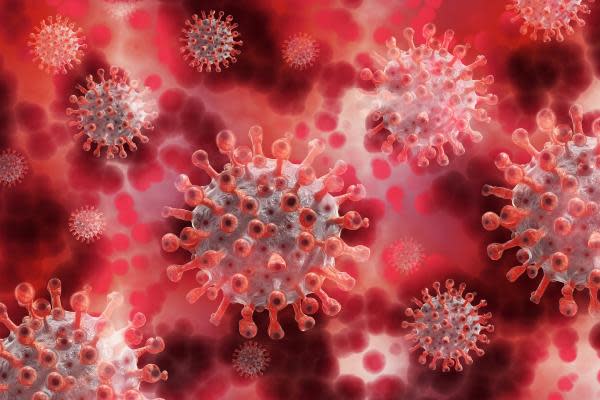
According to a Phase 1b-2 trial published in the New England Journal of Medicine, the two-dose vaccine COVID-19 developed by Oxford University / AstraZeneca Plc (NASDAQ: AZN) was ineffective against mild to moderate infections caused due to the mutant strain of virus in South Africa, dubbed variant B.1.351.
What happened: The study was conducted by scientists from the Vaccine and Infectious Diseases Analytical Research Unit of the South African Medical Research Council.
The study evaluated the safety and efficacy of the AstraZeneca ChAdOx1 nCoV-19 vaccine in HIV-negative adults aged 18 to 64 years. The average follow-up after the second dose was 121 days. The data showed that the vaccine was, in general, 10.4% effective against the variant.
Of the 750 participants who received the vaccine, 19 (2.5%) developed mild to moderate COVID-19 more than 14 days after the second dose, compared with 23 of the 717 who received placebo (3.2%).
The incidence of COVID-19 among the vaccine group was 731 per 1,000 person-years, compared with 93.6 per 1,000 person-years among the placebo group, for 21.9% efficacy.
Of the total of 42 cases of COVID-19, 39 were caused by B1351, for the vaccine’s effectiveness against this variant of 10.4%.
All 42 cases were mild to moderate and no patient was hospitalized. Rates of serious adverse events were similar between the vaccine and placebo groups.
There was only one serious vaccine-related event, fever of 40 ° C (104 ° F) after the first dose; the fever subsided within 24 hours and no adverse events were observed after the participant’s second dose.
Why does it matter: The study concluded by saying that while the development of second-generation COVID-19 vaccines against strains such as B1351 and P1 has begun, the only vaccines that are likely to be available for the rest of 2021 are formulated against the original virus.
In early February, South African health officials stopped launching the AstraZeneca-Oxford vaccine to investigate reports that it offered little protection against mild to moderate illness.
Instead, the country started using the Johnson & Johnson (NYSE: JNJ) vaccine to immunize healthcare professionals.
Share price: AZN’s shares fell 0.14% to $ 49.98 in the pre-market for the last check on Wednesday.
See more from Benzinga
© 2021 Benzinga.com. Benzinga does not provide investment advice. All rights reserved.
